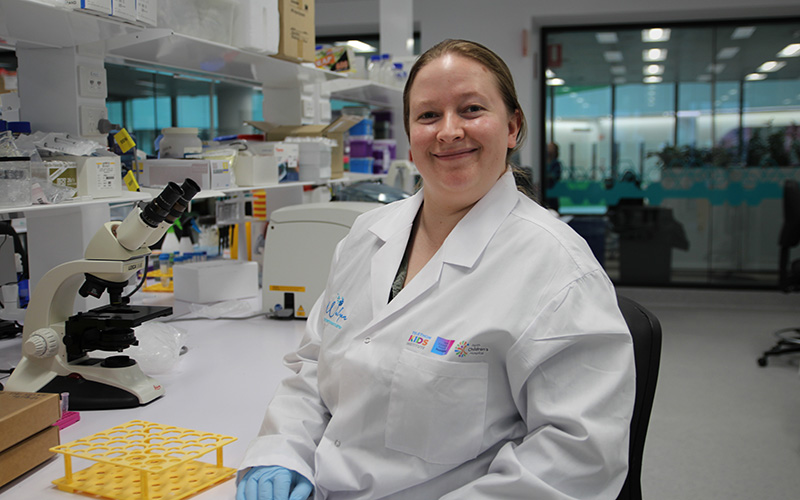Search

The Respiratory Physiology Platform at the Wal-yan Respiratory Research Centre offers access to specialist equipment housed within the outpatient research department at Perth Children’s Hospital, dedicated for research use.

Please contact the team early (at the stage of project design and budgeting) to ensure the most appropriate physiological test is selected with adequate funding.

Our Children’s Respiratory Science team is currently seeking research buddies to provide a community perspective on research into childhood asthma attacks.

The Wal-yan Centre’s Annual Reports highlight the achievements of our researchers, which bring us closer to our vision to ensure that all children have healthy lungs for life.

Learn more about the supporters of the Wal-yan Respiratory Centre

Learn more about the Focus areas for the Wal-yan Respiratory Centre

The Artificial Intelligence team at the Wal-yan Respiratory Research Centre is dedicated to delivering AI solutions for major challenges in respiratory healthcare and research.

Respiratory illness accounts for 12% of the age-standardised gap in mortality between Indigenous and non-Indigenous Australians.

News & Events
World-first study finds some biodiesel exhausts harmful to childrenWal-yan Respiratory Research Centre PhD candidate Katherine Landwehr is researching the impact of breathing in biodiesel exhaust fumes on the lungs.

News & Events
Boosting mums’ immunity could save newborns from deadly respiratory virusesPerth respiratory researchers have discovered that giving an immune booster to mothers during pregnancy could increase their newborns’ resistance to severe and life-threatening respiratory viral infections.
